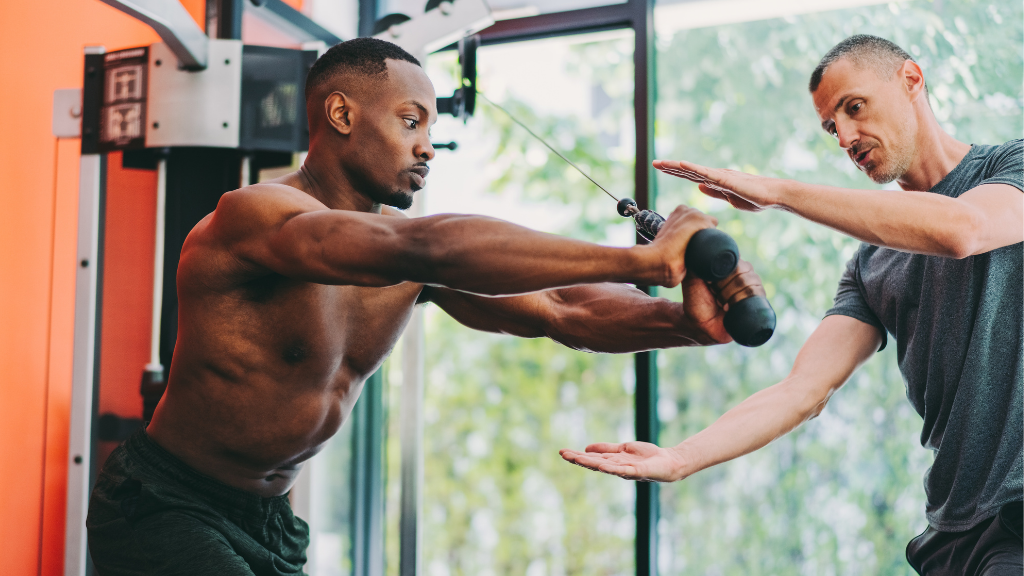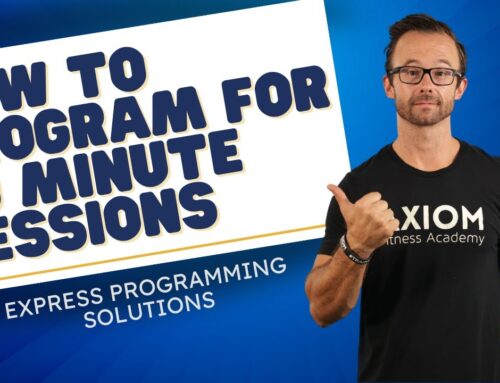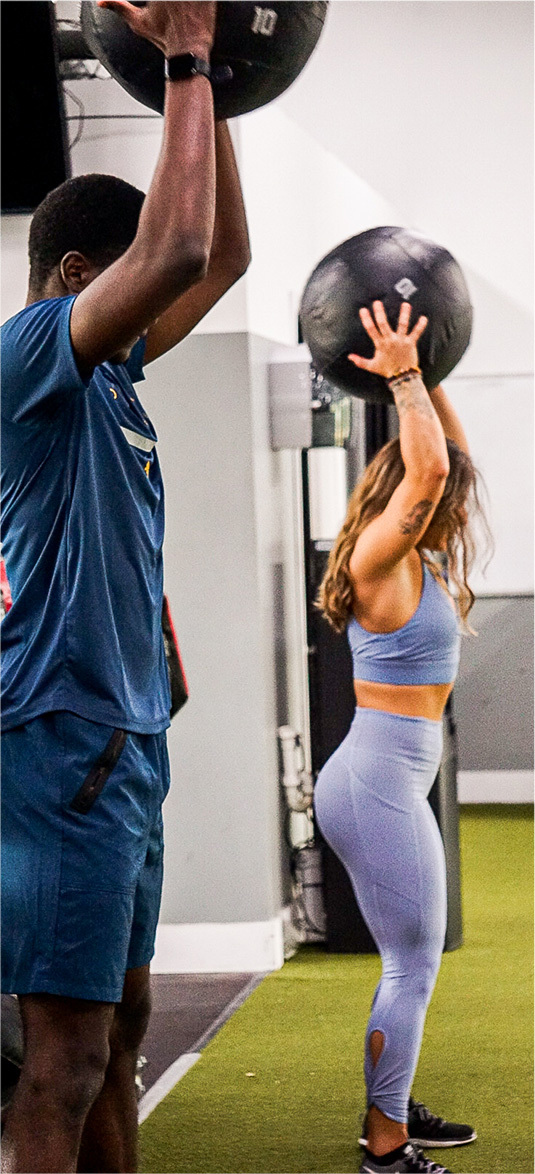If you’re like most people, then you likely have a mental image that comes to mind when someone says the words “personal trainer.”
Typically, that image is influenced by any personal experience you may have with trainers and the image that the fitness industry has tried to create through marketing.
However, since most people in the world have never actually worked with a trainer, their idea of a trainer is a twenty-something year old with a perfect body and the uncanny ability to be able to always drop the perfect motivational quote at any given time.
But what happens when that perfect twenty-something reaches their forties or beyond? Are they forced to turn in their trainer card and retire or transition to another career? Do they suddenly stop inspiring people or being able to get clients results?
Of course not.
The truth is that while the fitness industry has advanced by leaps and bounds, the marketing used by most organizations is still stuck in the 80s.
So, while fitness marketing might create the perception that being or becoming a personal trainer is only for the young, that’s simply not the case. In fact, some of the most successful trainers found fitness as a second or third career and there’s a strong case that trainers in their advanced years might have more advantages and opportunities.
To better understand the landscape of being a trainer later in life, we caught up with Mark Nutting, an internationally-recognized fitness professional with decades of experience who had plenty of insight to share. He was kind enough to answer some questions about what being a trainer beyond 40 is really like and the opportunities that exist.
What advantages do you think trainers in their forties or beyond possess when it comes to training or acquiring clients?
Currently there are 108.7 million people in the US aged 50 and older, more than 34% of the US population and that percentage will continue to rise. This is a huge market for personal trainers, an aging population that has more than 70% of the disposable income in the US and, by the way, does not want to give up being active and independent.
When it comes to choosing a personal trainer, most people choose someone that can relate to them, understand them. Being an older trainer, you can understand the client’s aches, pains, and life references. This matters, and it gives a big advantage to older trainers.
You have also had more life experience in general and that can make you more understanding of others’ lives and, frankly, more interesting to talk to. By the time I was 40, I had worked many different menial jobs to put myself through college, played college football, had a degree in Kinesiology, worked at a number of health clubs, had danced professionally, performed in theater and improv comedy, and had lived in both small towns and large cities. Even if your life hasn’t had that much diversity in it, you’ve still lived through the same times as older clients and can relate to many people’s lives and that makes you a more likely choice for an older client than a personal trainer in their twenties would be.
Have you had any instances where clients have hired you specifically because of your age or life experience?
At 63, I have experienced some typical age/use related issues. I have arthritis in my hands, had a complete shoulder replacement as well as a hip replacement and have had back surgery. All of which I have reconditioned and returned to full function.
I have gained many clients with orthopedic issues and/or joint replacements because they were confident that I knew what they were going through and how to help them get the best outcome possible.
How do you think personal training stacks up against more traditional careers/jobs at this age?
Personal training offers the choice of working part-time or full-time, often allowing you to choose your hours. If you have kids, grandkids, or other family members that you want to spend time with this allows you that time. Frankly, because of the growing older population in the US, you are in demand.
As an employer, I would be more likely to hire an older personal trainer for two main reasons. One, as stated above, older clients will relate more with older trainers and will be more likely to hire them. Two, you’ve been in the workforce, tried other jobs/careers and are now making a choice to become a fitness professional. This is more likely a choice of passion and that makes for a better employee and/or fitness entrepreneur.
What would be your best advice for someone that wants to start a career in fitness later in life?
Know your science, determine your target market, and choose what services you’re going to offer that specific market and set your prices. Learn to market, sell, and run your business.
Finally, never stop learning. Learning is a lifetime activity that should never stop. Hiring a fitness business coach is one way to expedite learning how to set up and run your business.
As you can see, there’s a lot of opportunities and advantages for trainers that don’t fit the outdated marketing mold. Interested in finding out how you can make a transition into a career in fitness? Click here to book a call with an Axiom Advisor.

Mark A. Nutting is the owner of Jiva Fitness, author of “The Business of Personal Training”, and founder of the Fitness Business Specialist certification. He can be reached here.







